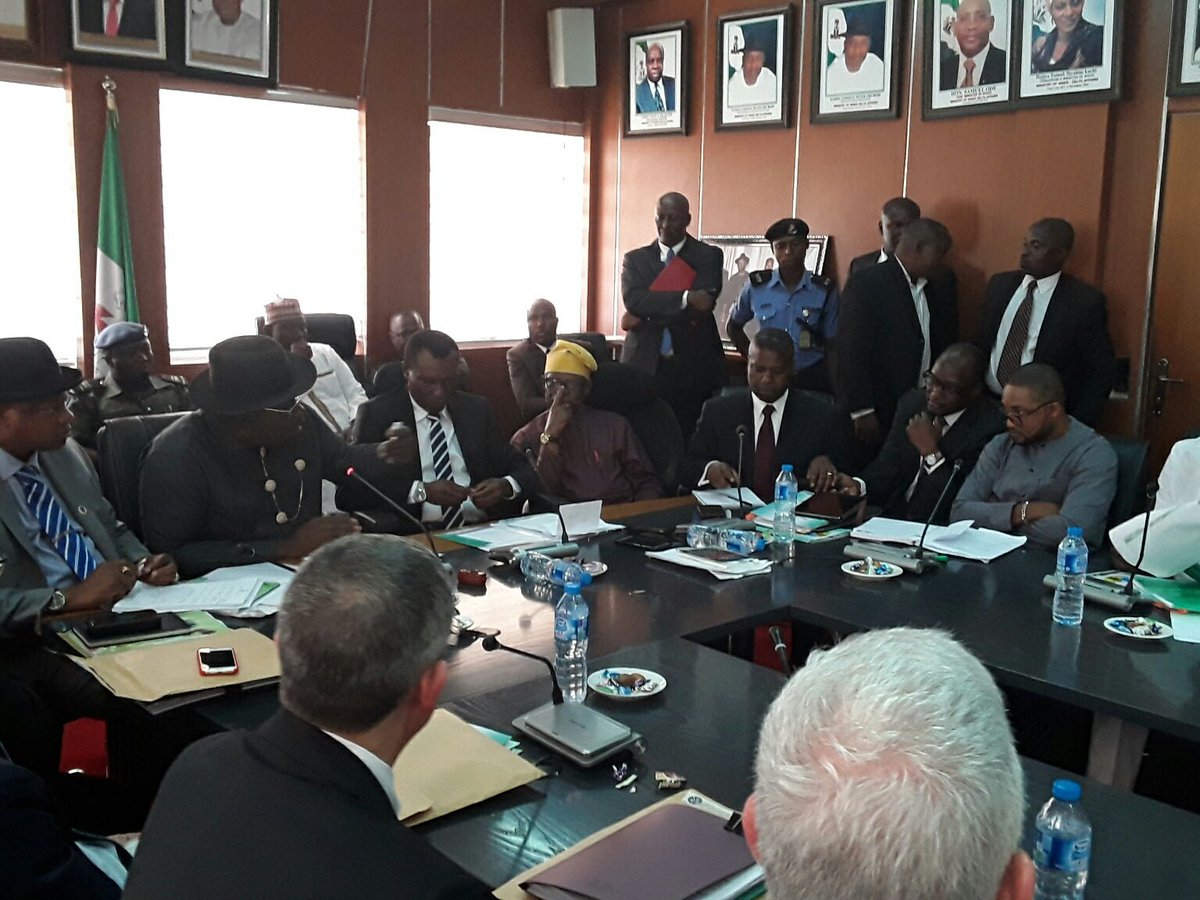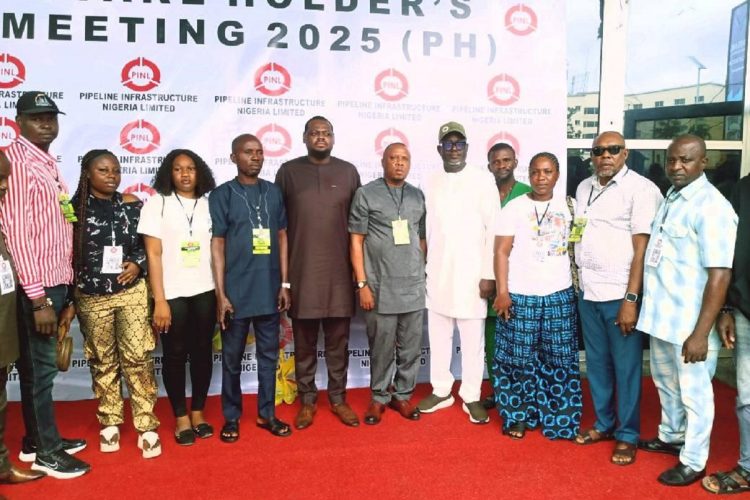
About Yesterday’s Niger Delta Stakeholders Meeting Held in Abuja
May 31, 2017
UNIDO, FG Partner to Support SMEs
June 1, 2017A new bill that would establish the National Climate Change Commission and provide framework for the mainstreaming of climate change responses and actions into government policy formulation is underway
The bill, which has scaled the second reading in the House of Representatives, will also create National Council on Climate Change and Technical Advisory Committee as well as position Nigeria among countries introducing legislations to support their Nationally Determined Contributions (NDCs) to mitigate the devastating effects of climate change.
Specifically, some of the policy objectives of the NDCs include promoting sustainable management of natural resources, addressing severe land degradation and desertification and reducing gas flaring by two per cent points – reduction a year.
Under the NDCs, Nigeria will eliminate gas flaring in 2030 and install 13,000 megawatts of solar systems over the next four years.
“This Bill seeks to achieve these and more through strategies and key activities targeted at raising a green bond to finance environmental projects and continue the Ogoni clean up, according to the sponsor of the bill, Hon. Sam Onuigbo (Abia-PDP) and Chairman, House Committee on Climate Change.
He said the bill consisted of seven parts and 26 clauses, and applicable in all sectors of the economy as a deliberate and concerted action towards achieving a sustainable development in Nigeria.
“This fits into and clearly reinforces the medium term policy objectives contained in the Nigeria Economic Recovery and Growth Plan 2017-2020,’’ Onuigbo said.
The lawmaker expressed dismay that climate change had caused developmental and security challenges in the country.
According to him, the shrinking of Lake Chad has led to a dramatic reduction in agricultural activities in the North East causing migration of herdsmen, subsequent clashes with farmers and insurgency.
“Desertification and drought has led to low harvest resulting in food shortages, inflation in the country and climate migration. In addition climate change has been identified to be responsible for gully and coastal erosion and rise in water levels,’’ Onuigbo added.
He said that the Council would operate as a juristic person that will ensure the mainstreaming of climate change development plans, strategies and programmes.
The council, he emphasized would further ensure public participation in mainstreaming the effect of climate change in the country. “It will oversee the implementation of sectoral targets and guidelines for the regulation of greenhouse emission and other anthropogenic causes of climate change.
“The need to protect our climate is long overdue and the best remedy and approach is through a very strong and sustainable legislation.
“This Bill also seeks to cure such mischief and allays any fear on ways and manner Nigeria is mitigating the effects of climate change,’’ Onuigbo added.
Culled from: The Guardian









